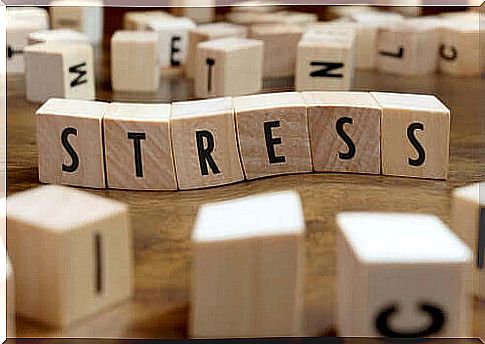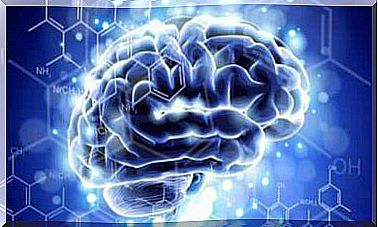Chronic Stress Can Affect Memory

How does stress manifest itself and what does its effect on memory look like?
Chronic stress can affect your life without you noticing it. Living with chronic stress is like living in a train running at full speed. At first everything seems normal and you are grateful that it goes so fast.
Slowly but surely, however, you realize that you can not enjoy the view and that body and mind begin to dislike the journey.
Thich Nhat Hanh, the well-known Buddhist monk and author of many books, including Being Peace, believes that your emotions are like clouds coming and going in the wind.
This is true and it can be difficult to find inner peace for your mind to function as it should.
It is not easy to deal with the psychological effects that stress and anxiety cause. Even worse is the fact that the perceived chronic stress makes it even worse.
Being in a chronic state of stress for a long time will cause a lot of damage and you will start to see its hidden effects.
You need to realize that a stressful environment can have an impact on your body. It can lead to muscle pain, digestive problems, sleep disorders and many other factors that affect your quality of life.
However, there is another thing to keep in mind: you may also experience memory loss.

Chronic stress and gradual memory loss
When you are stressed, it feels like the world around you is spinning too fast. However, it is the other way around: your cognitive abilities slow down.
It will be harder for you to focus, make decisions and start new things. Your mind will also play with you and create doubts and threats that are not real.
It may sound superfluous, but stress causes more stress. However, when you feel the headache, dizziness and difficulty sleeping, you do not always realize how emotionally and cognitively harmful it is.
Feeling bad, feeling helpless, unmotivated and forgetting things are symptoms that you need to take seriously.
Chronic stress affects memory
Stress is not always dangerous. In most cases, stress can help you achieve your goals, overcome certain challenges and make it easier for you to move forward in life.
If this condition becomes permanent, however, you will begin to see its hidden effects.
Dr. Jannine Wirkner at the University of Greifswald conducted studies that showed something important. Small amounts of acute stress can improve your memory.
This is good as you have to do a test. However, chronic stress and constant cortisol secretion can make it harder for you to create new memories.
Stress can affect all of your brain’s memory processes. This means that it interrupts coding and recovery.

Chronic stress and its effects on the hippocampus and prefrontal cortex
Another study conducted by Dr. However, Kim Jeasokok at the University of Florida has shown us some interesting findings. As cortisol levels are too high, there will be a change in hippocampal morphology.
This brain structure is related to your memory and your emotions and shrinks as a consequence of these stress hormones.
There is also another negative side to chronic stress. Being in a constant state of alarm causes your amygdala to stop the activity of your prefrontal cortex.
This can make it harder to use logic, reflect on things and make decisions.
Impact on memory: the link between memory and stress
Chronic stress can make things more complex than you initially thought. Keep in mind that it becomes chronic when you spend weeks or months worrying about things and constantly feeling a lot of pressure.
This causes your memory to fail. Post-traumatic stress, however, makes you remember things much deeper.
- As you go through dramatic experiences with an emotional charge, your hippocampus will absorb these horrible images and emotions forever.
- However, such experiences can also make it more difficult to create new memories. This creates reasoning problems, lack of focus and impaired ability to make decisions.

This shows how complex your brain can be. But despite these circumstances, traumas and difficulties, you need to remember that the brain can change and reverse this effect on memory.
Physical activities, psychological therapy, meditation, stress management and focusing on a healthy lifestyle can help you improve how you feel and the plasticity of the brain. You have to start today!









